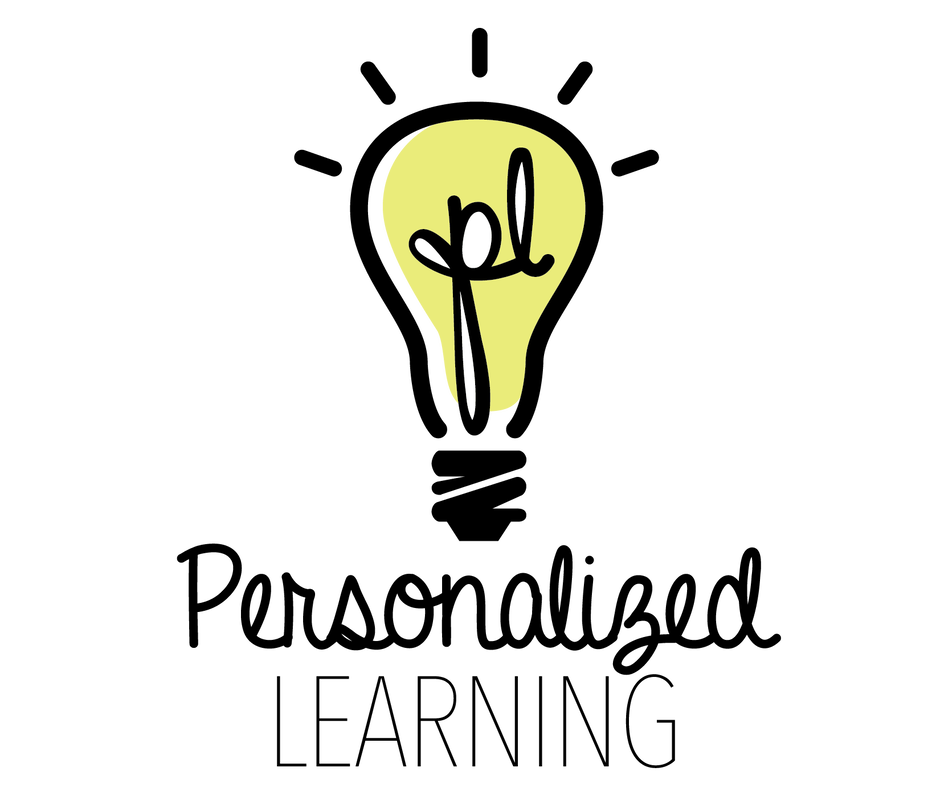Student Agency
Phase 4
"Look-Fors" During Observation
Remember: The most helpful part of the observation is not checking off items, but the conversations and reflections that happen after the visit.
Remember: The most helpful part of the observation is not checking off items, but the conversations and reflections that happen after the visit.
|
Beginning/ Practicing
|
Developing/ Achieving
|
Questions to Guide Observation
- Do you hear students share about their personal needs, interests, and aspirations?
- What evidence can you see of student interests and/or aspirations in the classroom?
- Do you see processes, structures, or practices that support students in self-advocacy? This might look like students are given opportunities to integrate their interests into their learning experiences and are encouraged (and supported) to pursue their aspirations.
- As you speak with students, can they articulate their needs, interests, and aspirations with you?
- How do you see students advocating for oneself as well as supporting each other, their community, and/or the world?
Resources
- Agency by Design: This powerful video explains how a makerspace can allow students to understand that things in the world around them are designed and that students can be agents of change in those designs.
- "The Boss of My Brain": This article provides strategies for developing metacognition in students.
- The Benefits of Helping Teens Identify Their Purpose in Life: This article talks about the importance of helping teens to identify and have opportunities to explore their passions through education.
- In his compelling TEDx Talk, Roberto Rivera shares that young people "...need the opportunity to experience their brilliance and beauty for themselves... They just need someone to journey with them, to help them find that spark, and to fan that spark into a flame - that can not only ignite their education and academic learning, but might even illuminate and revolutionize this world... Young people need someone to know that they have a voice, that they can share their stories creatively, that they can develop their social and emotional competencies doing things that really impact the world. And in so doing not only develop their competencies but transform the world in the process."
- Relationships Bloom When Students Are Seen and Heard: "Research has shown that students' learning is significantly affected by their relationships with their peers, teachers, administrators, and the larger community. As administrators, what steps should we take to transfer this theory to practice and best meet the needs of all students?" (To access the article, please sign-up for a free subscription to ASCD.)
- Relationships Through Real Talk: Use Real Talk discussions to forge and strengthen relationships with your students and to introduce curricular units. (To access the article, please sign-up for a free subscription to ASCD.)
- Make Me!: Understanding and Engaging Student Resistance in School: This book by Eric Toshalis explores student resistance through a variety of perspectives, arguing that oppositional behaviors can be not only instructive but productive.
- The Influence of Teaching Beyond Standardized Test Scores: Engagement, Mindsets, and Agency: This report concerns the influence of teaching on emotions, motivations, mindsets, and behaviors that we associate with agency. The authors ask, “How do distinct components of teaching influence the development and expression of agency-related factors in sixth to ninth grade classrooms?”
| Advocacy Beyond Self, Coaching Tool | |
| File Size: | 732 kb |
| File Type: | docx |
| Advocacy Beyond Self, Coaching Tool | |
| File Size: | 218 kb |
| File Type: | |

